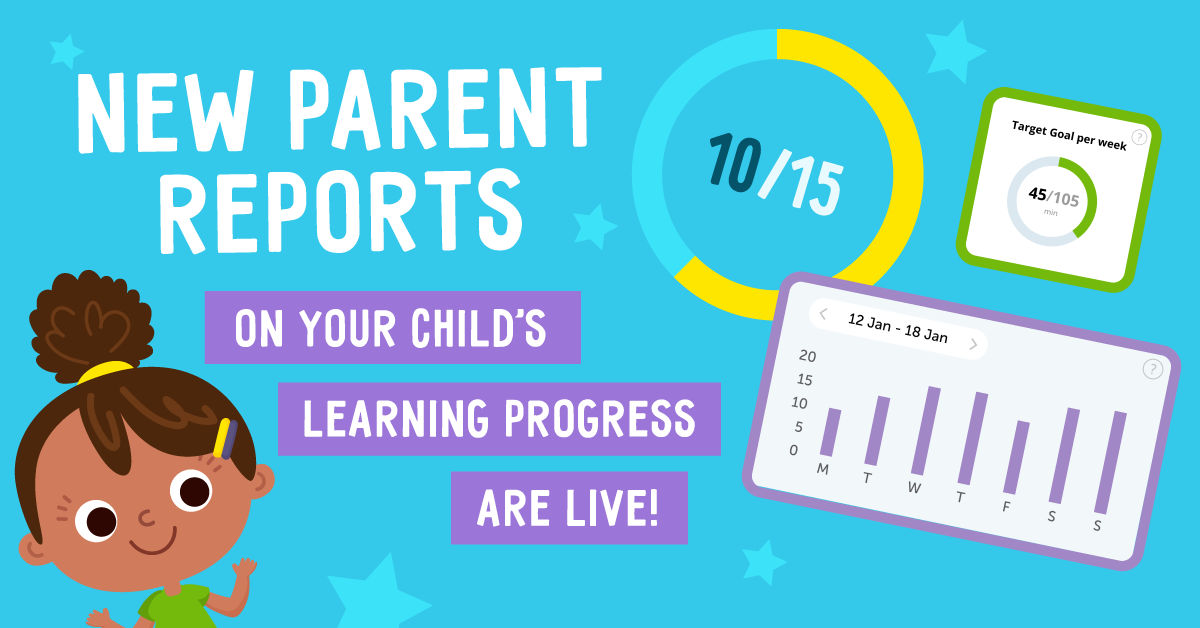Comprehending ecosystems Worksheets for Kids
1 filtered results
-
From - To


Space: Assessment 1 Worksheet
Question/Answer
How to test a Grade 1 student’s Comprehending ecosystems skills?
To test a Grade 1 student's understanding of ecosystems, use simple, visual-based assessment tools. Employ picture cards or drawings of various ecosystems and ask the student to match animals and plants to their correct environment. Incorporate basic questions about what living things need to survive and how they interact with their environment, ensuring the language and concepts are age-appropriate.
How to train the Comprehending ecosystems skill in Grade 1 students learning about Space?
To train Grade 1 students in comprehending ecosystems in a space context, start with simple, relatable concepts like comparing the Earth to a spaceship that has everything people need to live.
How does the mastery of the Comprehending ecosystems skill affect a student's performance at an early age?
The mastery of the Comprehending ecosystems skill at an early age can significantly enhance a student's understanding of biological diversity and interdependence among organisms. This foundational knowledge fosters critical thinking, encourages environmental stewardship, and improves their ability to apply scientific concepts to real-world problems, thereby positively affecting their overall academic performance and interest in science-related fields.
 Assign to the classroom
Assign to the classroom












